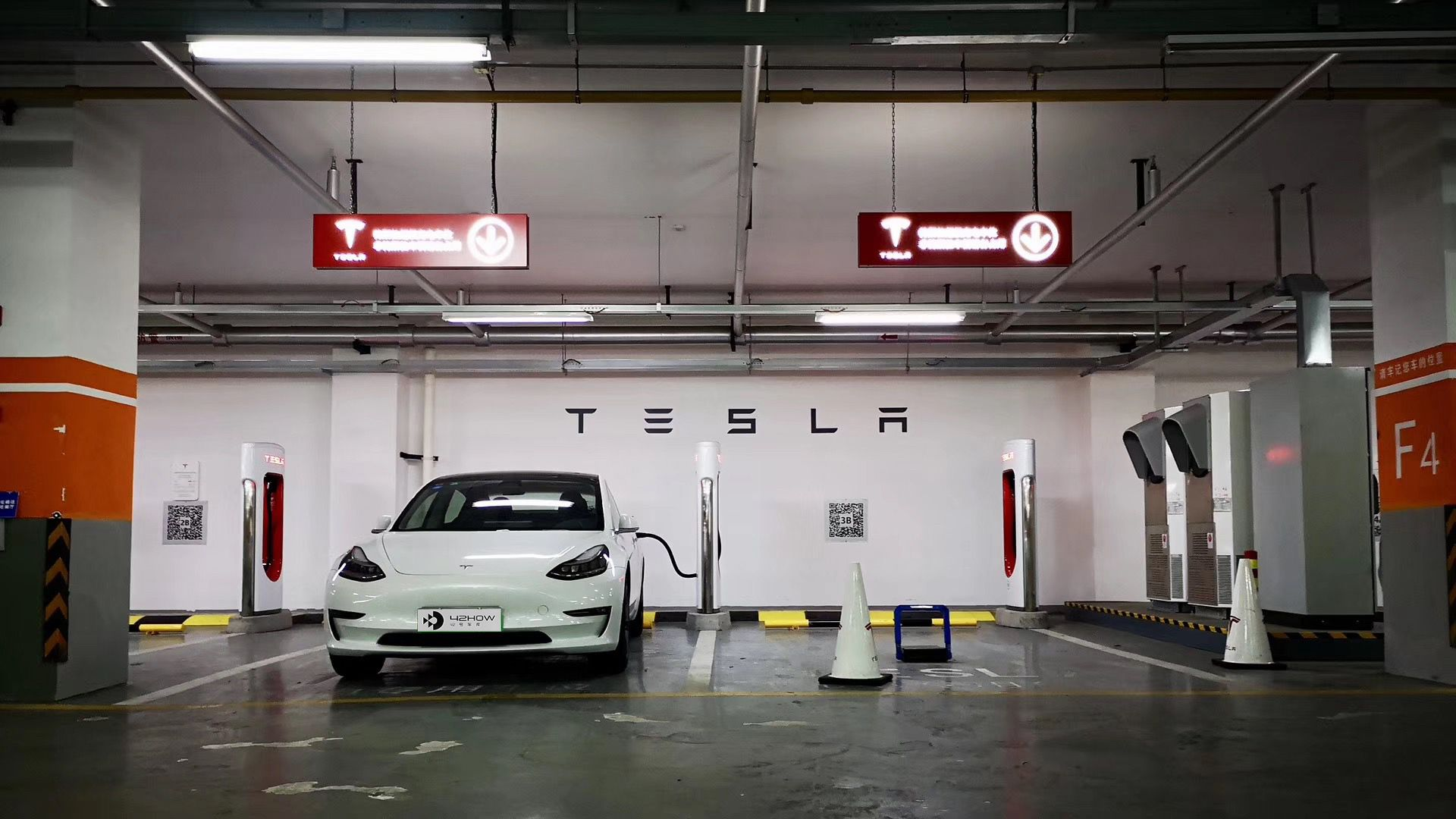What has been the hottest trend in the automotive industry in the past two years? It must be electric vehicles. Whenever there is a problem or an interesting event with electric cars, it will be widely spread.
However, due to the relatively short driving range of electric vehicles in the past few years and the inconvenience of charging compared to refueling at public charging stations, some people even call them “electric fathers”. The daily charging of electric vehicles by owners is even jokingly called “raising fathers”.
Although many netizens have not actually purchased or experienced electric vehicles, under the guidance of some netizens, a public opinion has gradually formed that “electric vehicles are industrial waste” or “born to defraud subsidies”.
Of course, not only ordinary people are criticizing electric vehicles, but also some industry insiders express their non-acceptance of electric vehicles. For example, a BMW executive recently said, “There is not a single consumer who has a genuine demand for pure electric vehicles.”
So, is the demand for electric vehicles a false demand?
Currently, excluding the potential owners of Ideal ONE within our mini-program, we have 842 certified pure electric vehicle owners.
Among them, users from limited license plate cities such as Beijing, Shanghai, Guangzhou and Shenzhen account for 65.75%, and users from non-limited cities account for 34.25%.
If buying electric vehicles in limited license plate cities is due to policy guidance, it is very understandable. Then, what considerations do users in non-limited license plate cities have in mind when buying electric vehicles?
Who is the second car in the family?
Many people say that even if the driving range is not considered, they will not choose electric vehicles because they have no sound and no soul. However, according to our car owner feedback, almost the opposite is true, and the sound of the engine has become a disadvantage.
It can be seen that among car owners who own both gasoline and electric cars, 87% of them drive their electric cars for most of the time, except for long-distance travel or situations where charging is inconvenient, and many car owners say that their gasoline cars at home are basically in a long-term state of neglect.## More and more people are selling their gasoline cars at home, but because electric cars are indeed inconvenient for long-distance driving, we want to know how many people have sold their gasoline cars or plan to sell their gasoline cars.
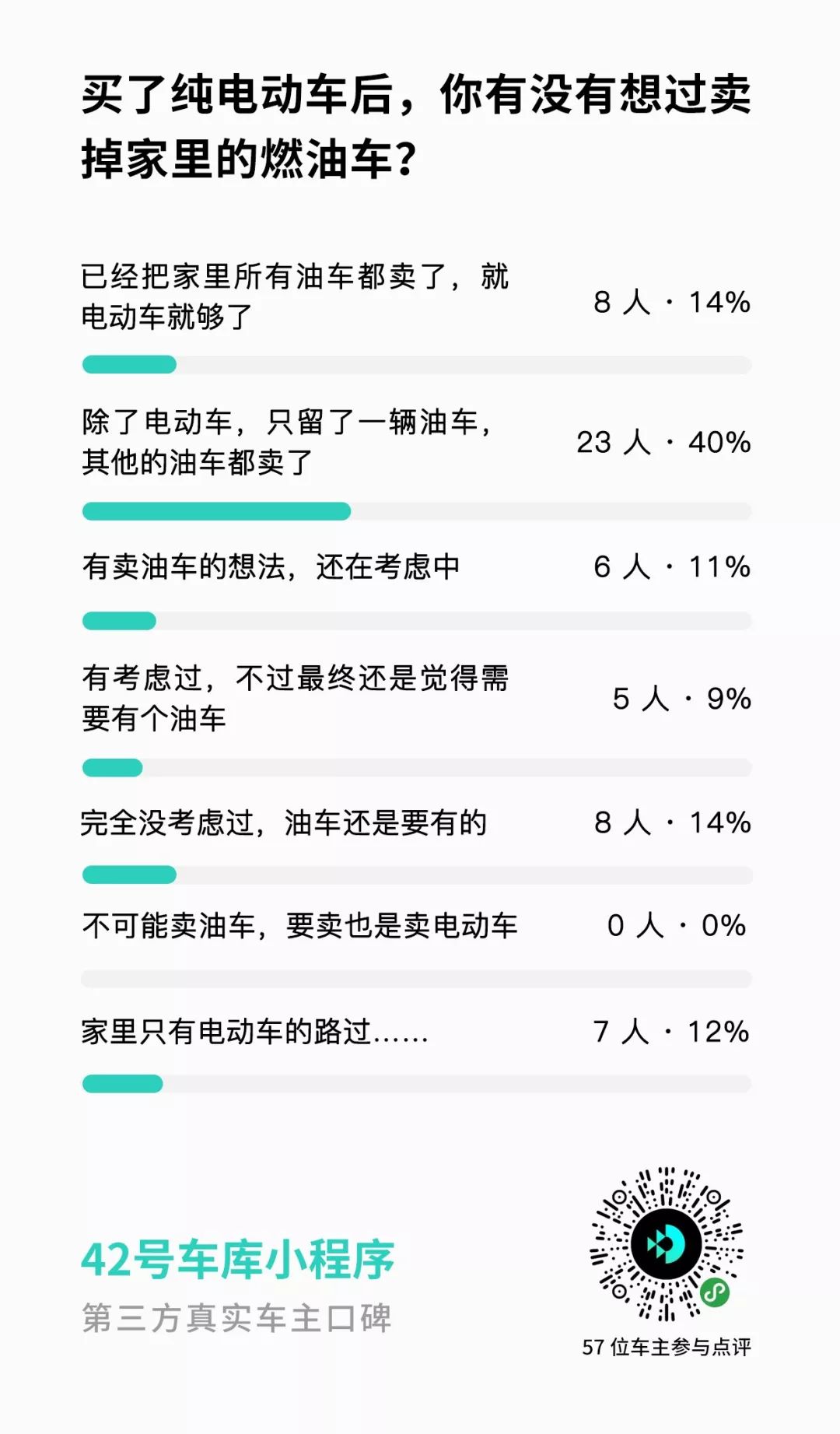
Of course, the number of people who really sold their gasoline cars at home is still small, accounting for only 14%. However, it can be seen from the results of these two surveys that in their lives, gasoline cars have become backup vehicles when electric cars are not convenient.
Many people say that electric cars are only suitable as the second car at home. However, interestingly, some electric car owners say that gasoline cars are the second car at home. There seems to be no problem in terms of frequency of use. For these two viewpoints, it is difficult to say who is right and who is wrong, and can only be said that the conclusions are completely different due to different perspectives.
So why are people more willing to drive electric cars?
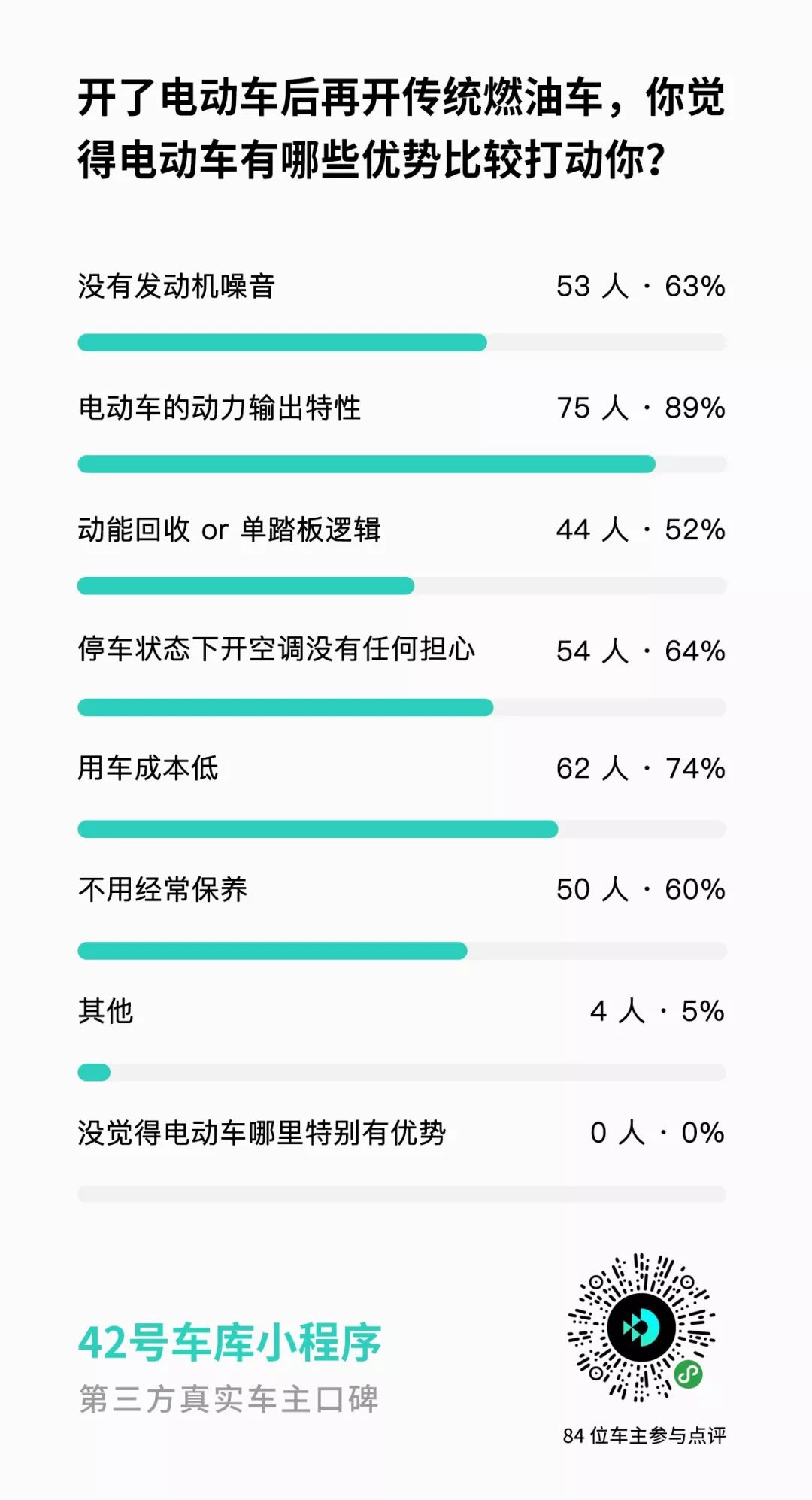
Obviously, the cost of using the car is an important factor, but the power output characteristics of electric cars are more appealing to everyone compared to traditional fuel cars.
Everyone must have more or less understood the power output characteristics of electric cars on the Internet, mainly the wide torque output platform and the response of the throttle without delay. In other words, the more you step on, the more power you get, which is in line with expectations.
In addition, electric cars also have an advantage, that is, no engine noise and vibration. When you need power, just step on it.
When traditional fuel cars need strong power, the engine needs to increase the speed, the sound is very loud, and the vibration will be much larger. It always feels a little hoarse, and most people don’t like this feeling, so they rarely step on the accelerator deeply.
But deep-stepping on the accelerator of an electric car is extremely comfortable, and there is no need to worry about damaging the motor. It can be said that starting, accelerating, and overtaking are all at will.
Next, let’s talk about the cost of using the car. If you have a home charging pile, the cost of using the car is almost zero. Even some car owners say that driving an electric car is cheaper than riding a Mobike.
Even if there is no home charging, and you need to charge outside for a long time, if we calculate at 2 yuan/kW, taking a compact sedan as an example, the daily urban commuting power consumption is probably within 15 kWh per 100 km, which means that the electricity cost per kilometer is at most 30 cents. If it is converted into fuel consumption, it is about more than 4 liters per 100 km, and the cost of using the car is also very low. Moreover, electric cars can save a lot in terms of maintenance.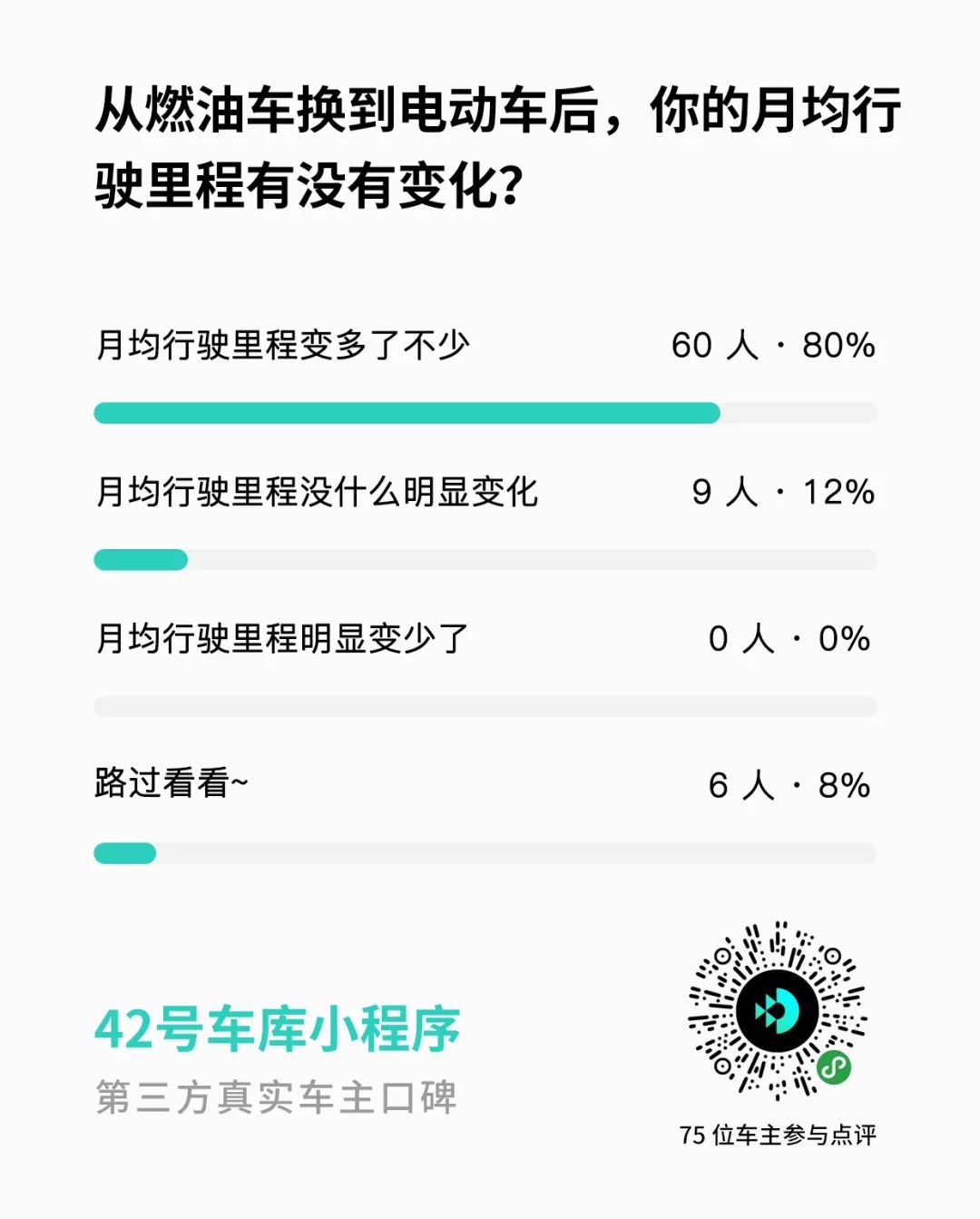
Due to the extremely low usage cost of electric vehicles, the monthly driving mileage of the vast majority of friends has increased significantly after switching from gasoline vehicles to electric vehicles. To use a phrase from Teacher Guo Degang, “if you don’t pick it up, it’s lost”. After all, it’s a loss not to take advantage of something cheap.
Why don’t they have much range anxiety?
Let’s take a look at how many kilometers people usually drive for daily commuting.
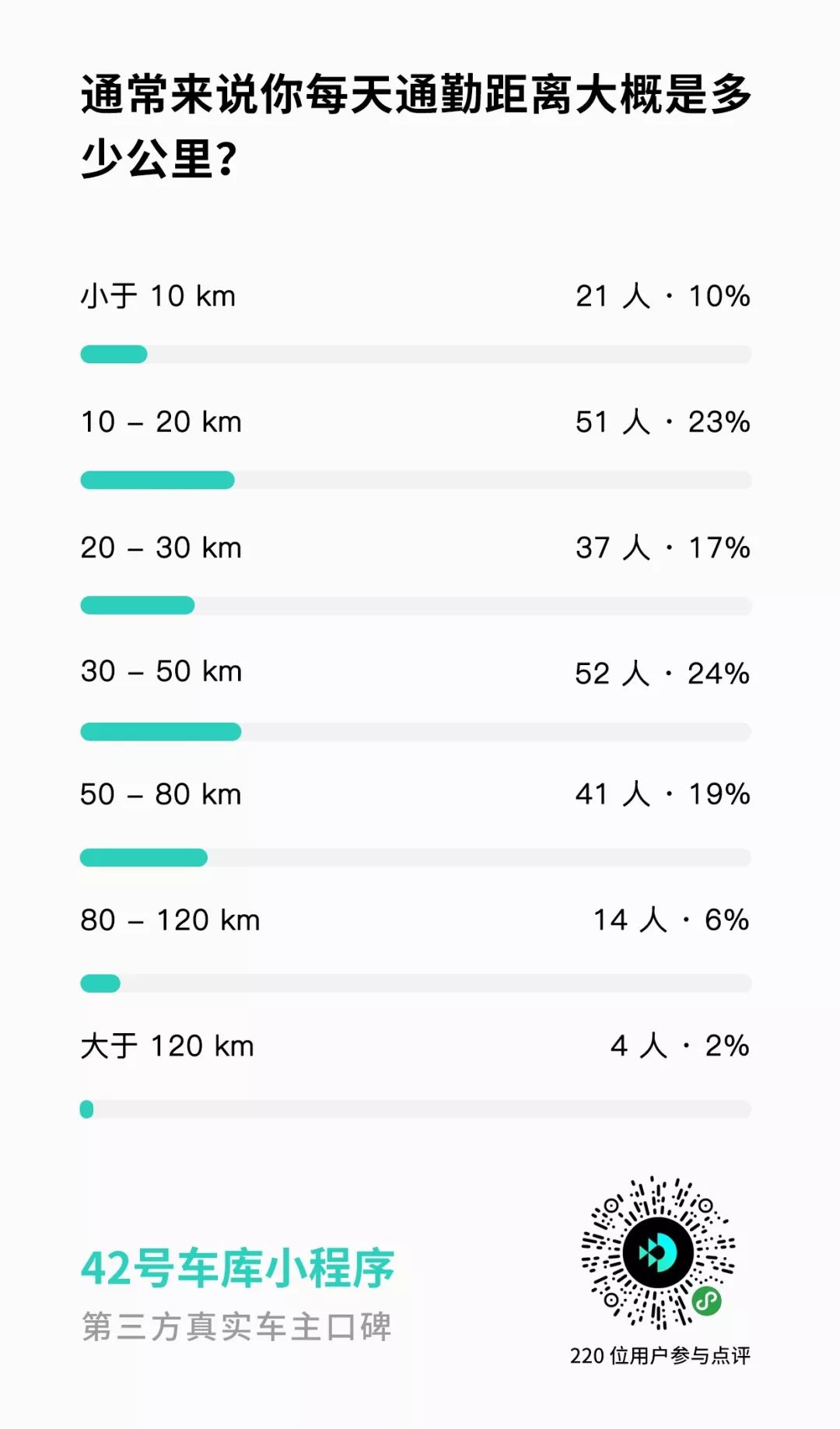
74% of users commute within 50 kilometers daily, which is also within 350 kilometers a week. Even if we take the NEDC range of 500 kilometers, which is common for electric vehicles this year, and use the middle 10% to 90% of the battery, we can basically meet the needs of most friends who only need to charge once a week, even if they don’t have home charging facilities. There won’t be any inconvenience to use within the city.
I know you must be thinking that it’s okay in the city, but the problem is that electric vehicles are too inconvenient for long-distance travel compared to traditional gasoline vehicles.
I don’t deny this, but there are still two pieces of data I want to share with everyone.
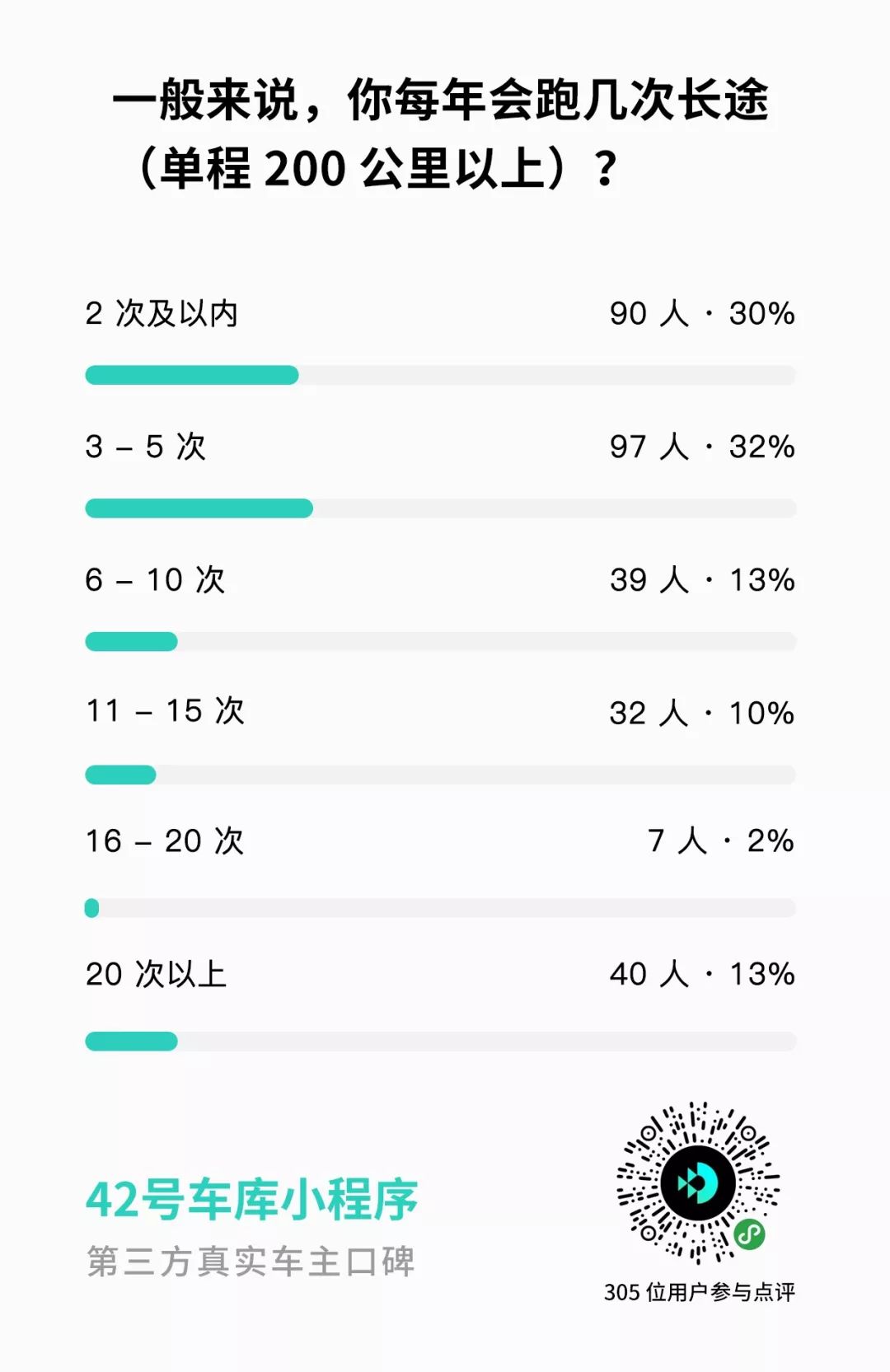
From our research, it can be seen that 62% of users do not travel long distances on highways more than 5 times a year, and 30% of users do not travel more than 2 times a year.
Many people always say that they buy a car to travel more, but the key question is, how many people will travel long distances many times a year? So, if you are not a person who needs to travel long distances frequently, then the inconvenience of electric vehicles for long-distance travel is not a problem for you.
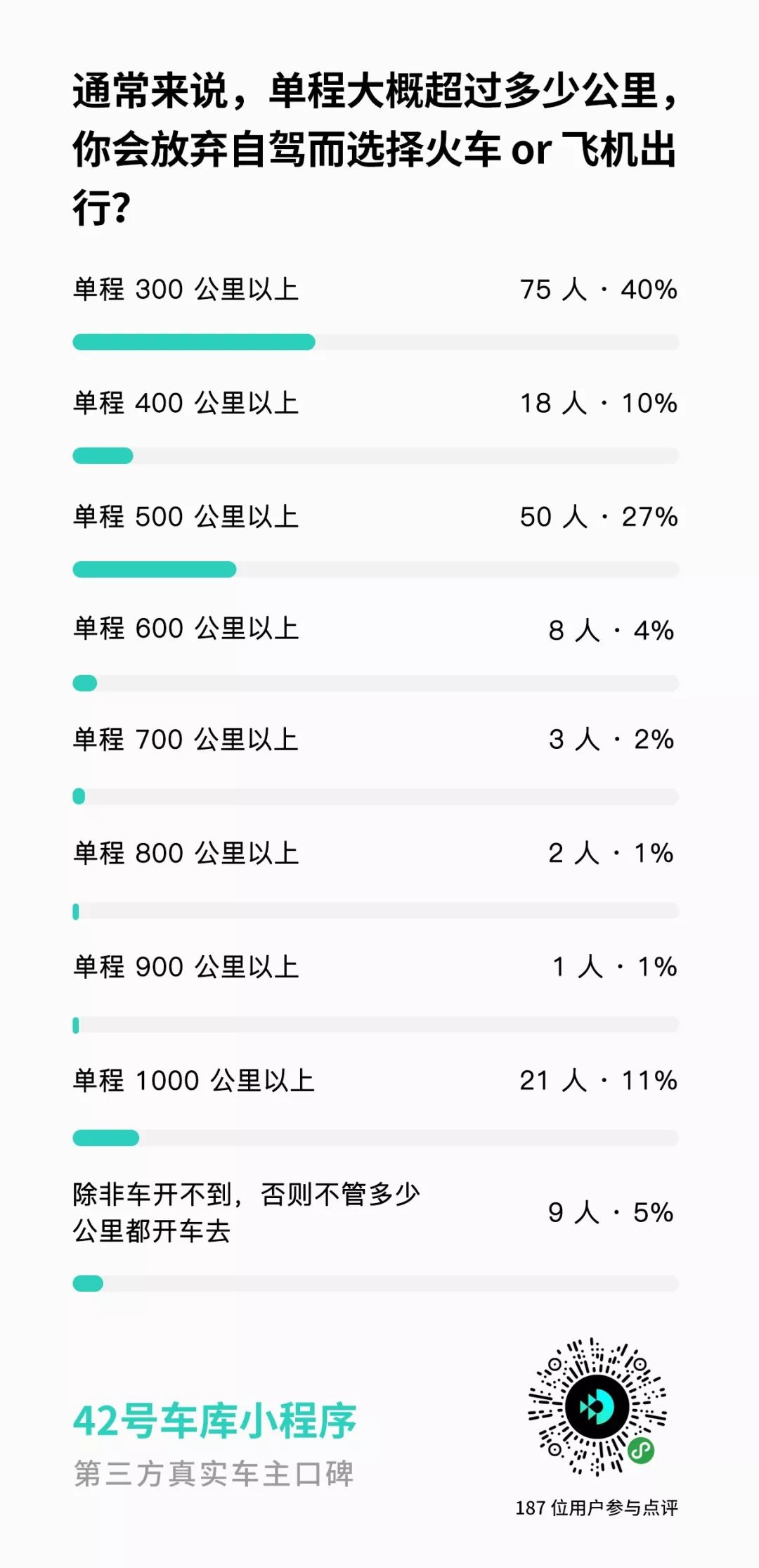
Secondly, long-distance driving is quite tiring, and the longer the distance, the less convenient and cost-effective it is compared to flying or taking the train. 77% of users have a range of no more than 500 kilometers for long-distance driving, and 40% of users give up driving for trips exceeding 300 kilometers one way.
Translate the following Markdown Chinese text into English Markdown text in a professional manner, preserving the HTML tags inside Markdown and outputting only the corrected and improved parts.
For long-distance travel within this range, although electric vehicles are not as convenient as fuel vehicles, they will not delay too much time on the journey, after all, most people will choose to take a rest after driving 200-300 kilometers.
Therefore, it is difficult to have a unified opinion on whether it is convenient to drive an electric vehicle or not, and whether there is any range anxiety. If you feel inconvenient, just don’t buy it, but other people say it feels good to use, and there is no need to deny it, after all, everyone’s use situation is different.
Presumably, many people will say that there are many Tesla owners among our users, and Tesla’s range is long enough, they are not representative enough.
So this time I found a Xpeng G3 and a NIO ES8 owner respectively, both cars have a range of about 350 km, let’s see what they think.

Zhang Xiaojie: There is a charging station at home, and I bought a Xpeng G3 in a non-limited license plate city.
Q: Do you have other vehicles at home?
A: In addition to Xpeng G3, there is also a Camry.
Q: Why did you buy an electric car in a non-limited license plate city?
A: I have always been concerned about electric cars, which can be regarded as an electric car enthusiast.
Q: Do you usually drive Camry or Xpeng more?
A: I never drive Camry anymore.
Q: What are the advantages and disadvantages of electric vehicles compared to fuel vehicles after driving an electric vehicle?
A: The advantages are fast acceleration, quiet inside the car, and very cheap to use. The vehicle’s technological sense is great, it can be OTA, continuous upgrades make me feel very good, this is a growing car.
The disadvantage is inadequate range, charging anxiety, and the whole vehicle’s workmanship and materials need to be strengthened.
Q: Why do you have charging anxiety when you have charging conditions at home?
A: Mainly because sometimes I will frequent around 100-150 km, it’s okay to run twice in a row, but if I run three times, I will be a little anxious.
Q: Will you consider buying an electric car next time you change cars?
A: I will definitely buy an electric car with more powerful hardware and longer range next time.
Q: If you don’t have a charging station in your home, will you consider electric vehicles? Or how many kilometers of range will you consider?
A: If there is no charging station at home, but the range is long enough (for example, the 120 kilometers per hour endurance can exceed 500+), then I will definitely buy an electric car.

Richard: NIO ES8 owner, located in a limited license plate city and no charging station at home.
Q: Do you have any other cars besides the ES8 in your home?
A: We also have an Audi A4L.
Q: Do you still drive your A4L?
A: Only when our ES8 is unavailable.
Q: Do you usually drive the ES8 or the A4L on long distance trips? Why?
A: We always drive the ES8. Mainly because our long-distance trips are usually within 200 kilometers, with no need to stop for charging. We can recharge the car for a few minutes while going to the restroom, and if we need to recharge at our destination, we can use the one-click charging, which is very convenient and time-saving. Additionally, the NIO Pilot driver assist system greatly reduces driving fatigue. Also, the ES8 has much better comfort than the A4L.
Q: What makes electric vehicles attractive to you?
A: The differences in intelligent systems are very obvious when compared to traditional cars. Moreover, the total cost of ownership and the NVH performance are superior to traditional cars.
Q: If traditional cars catch up to electric vehicles in terms of intelligent systems, would you still consider buying an electric car?
A: I would consider the IDEAL ONE or the X5.
Q: If traditional cars have improved their intelligent systems while electric vehicles' range has increased, would you choose a traditional car or an electric vehicle?
A: I would still choose an electric vehicle. It's more cost-effective!
It is evident that, although the two car owners still feel that the range of electric vehicles is a bit short, they are generally satisfied with the overall driving experience and cost of ownership. They are also likely to choose electric vehicles when they replace their current vehicles, assuming that the range has improved. However, I believe this is not a problem.
Finally, I would like to share my opinion. Years ago, I was also against electric vehicles, even if I couldn't get a license plate for a traditional car. However, that was in 2014 and 2015.
Back then, the only electric vehicles you could see on the road were Beijing Automotive EV150, EV160, and BYD's E6 with a maximum NEDC range of 300 kilometers, which was also priced outrageously - costing over 300,000 yuan even after subsidies.
Back then, Tesla had just entered China, and there was a lower chance of seeing a Tesla Model S on the street than seeing a supercar.
Back then, electric vehicles were almost impractical for long-distance travel or even long-distance commuting in the city.
However, with the passage of time, various aspects of technology and capability surrounding electric vehicles and the surrounding industry have made visible progress.
Note: The original text contains an image, which is not present in the translation.Nowadays, it is embarrassing for a new car to have a NEDC range of less than 500 km, and L2 level assisted driving is a symbol of high-end models, without any extra cost.

Nowadays, Tesla has become a familiar sight in many first-tier cities, and Tesla Shanghai factory has completed its construction, marking the entry of made-in-China Teslas into the market.
Nowadays, except for Northeast and western regions, almost every service station on the expressway has a considerable number of charging piles, making long-distance travel for electric vehicles possible, even though the charging speed may not be fast enough.
Of course, even today, electric cars still have some issues that cannot meet everyone’s needs. Therefore, I will not blindly recommend everyone to buy electric cars in non-restricted-plate cities. But I hope you understand that electric cars have many advantages that gasoline cars cannot match in many respects, they are just not suitable for you at the moment.

Ps. We welcome owners of other car brands to certify their vehicles and share their true feelings about using them on the 42 Garages mini-program, so that more friends can understand what “it” is in your mind.


- 326 real car owners, 16 questions, 5 dialogues, showing you what Model 3 is like from the owners’ perspective* Why did they choose LI ONE? │ 42 Small Data

This article is a translation by ChatGPT of a Chinese report from 42HOW. If you have any questions about it, please email bd@42how.com.
